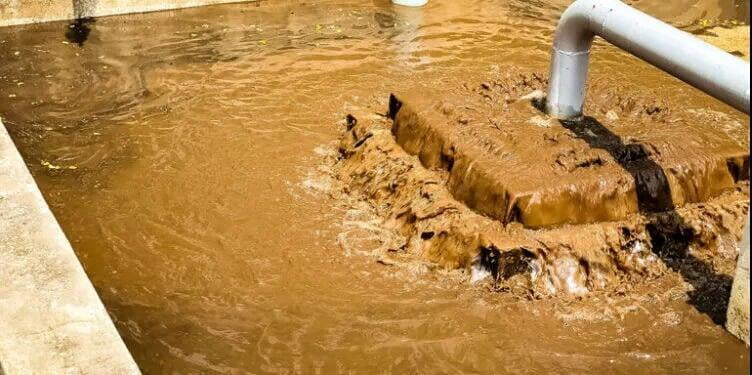A recent study published in Environmental Science and Ecotechnology shows that EPS can be used for paper coating, significantly improving water resistance (up to 65%), oil and grease repellency and overall surface quality. Scientists have used sludge left over from wastewater to create paper-coated biomaterials. This multilayer coating creates a smoother and less porous surface on the paper. At the same time, they have introduced a new technology that utilizes the wastewater treatment process to create valuable industrial products. At the heart of this technology is a naturally occurring substance called extracellular polymer (EPS), which is extracted from residual sludge from wastewater treatment plants.

Traditionally, biological treatment using activated sludge has been the main method of removing pollutants from wastewater. However, managing the residual sludge generated in the process is a huge challenge. Treatment costs can account for up to half of the total expenditure of a wastewater treatment facility.
This new research paves the way for more sustainable solutions. Wastewater treatment plants are shifting their focus to recovering raw materials from residual sludge, turning it into a potential source of renewable energy. This approach is consistent with the "biorefinery" model, which aims to extract valuable materials from waste streams.
The abundance of EPS in residual sludge makes it a particularly attractive target for biorefinery applications.EPS has a unique composition of polysaccharides, proteins, and humic substances, making it a potential alternative to synthetic polymers used in a wide variety of industries, including agriculture, pharmaceuticals, and construction.
The addition of EPS to paper coatings resulted in significant improvements in water and oil resistance. Notably, EPS extracted from paper industry sludge produced the most exceptional results. This can be attributed to a higher protein content and greater hydrophobicity compared to other EPS samples.
This study establishes a pioneering application for EPS, demonstrating its potential as a valuable additive to paper coatings, significantly improving water resistance. From the paper industry's perspective, the ability of EPS to enhance oil resistance and oil absorption is of particular interest.
The successful utilization of biomaterials recovered from wastewater sludge is a major leap towards a more sustainable and circular economy. This research provides a cost-effective and environmentally friendly approach to wastewater management while utilizing the waste to create valuable industrial products.

